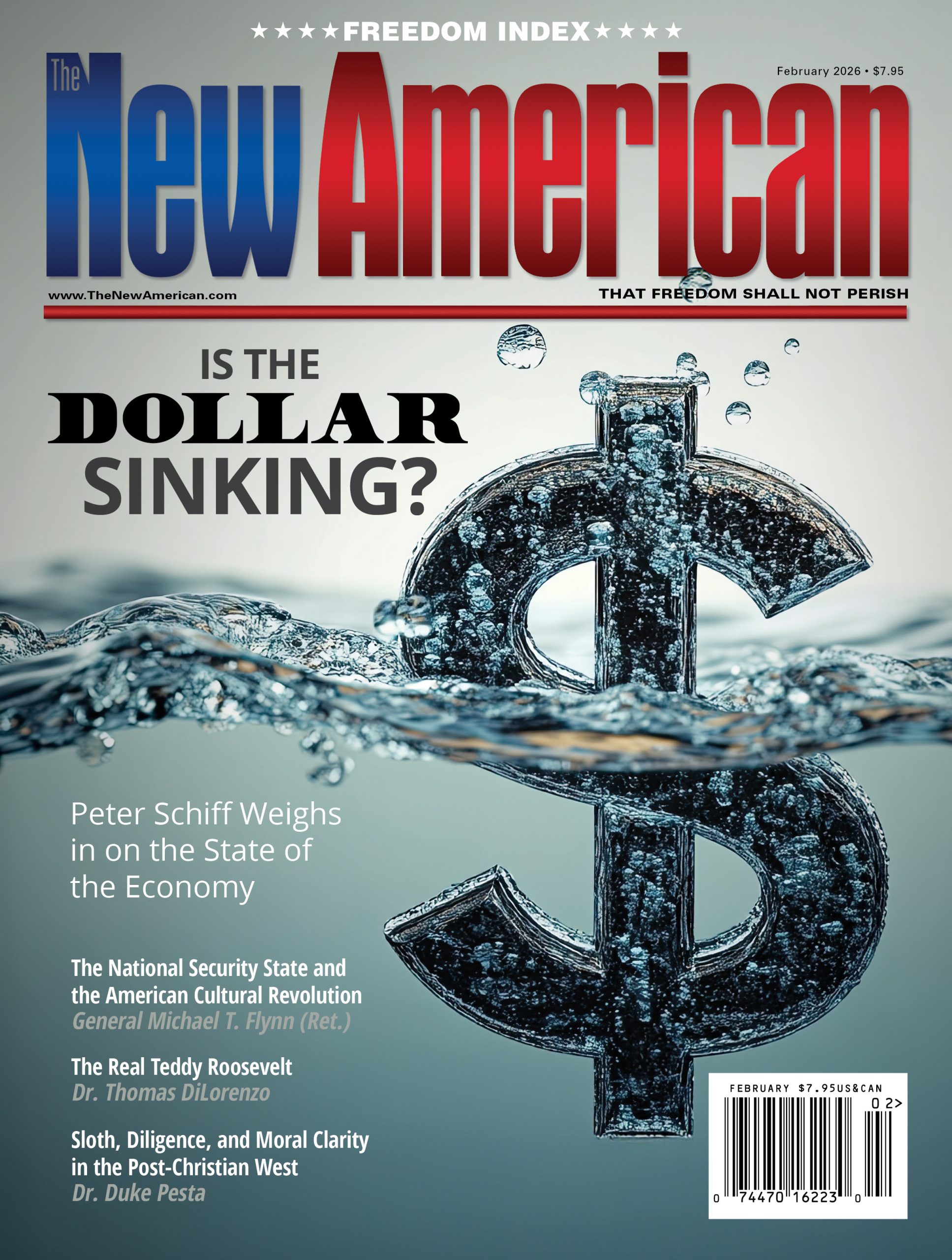Introduction
In The Federalist, No. 46, James Madison expressed great confidence in the states’ ability and willingness to resist federal overreach. He believed that any ambitious encroachments by the federal government would be met with strong opposition from the states, and that these states would band together to protect their sovereignty. This lesson examines Madison’s expectations and contrasts them with the reality of modern state-federal relations.
Key Concepts:
Madison’s Optimism in State Sovereignty:
- Madison was confident that states would fiercely protect their constitutionally guaranteed sovereignty and would not tolerate any federal overreach.
- He believed that states would raise “signals of general alarm” in response to any federal encroachments and would collaborate to resist such actions.
The Vision of Unified State Resistance:
- Madison envisioned states forming alliances to resist federal tyranny, much like the colonies did during the American Revolution.
- He expected that states would communicate, coordinate, and collectively plan resistance to any unconstitutional actions by the federal government, driven by a shared spirit of liberty.
The Reality of Modern State-Federal Relations:
- Contrary to Madison’s expectations, modern states often compete with each other for federal favors rather than banding together to resist federal overreach.
- State governors and legislators frequently seek federal grants, contracts, and other benefits, often at the expense of their own state sovereignty.
- The political ambition of many state officials leads them to prioritize federal approval and party loyalty over the protection of their state’s constitutional rights.
The Corruption of State Legislatures:
- Many state legislators are more interested in advancing their political careers than in upholding the Constitution.
- They often misinterpret or misuse the “Supremacy Clause” of the Constitution to justify compliance with federal mandates, even when those mandates overstep constitutional boundaries.
- This behavior undermines the states’ ability to act as a check on federal power and contributes to the erosion of federalism.
The Consequences of Inaction:
- Madison believed that if states did not resist federal encroachments, they would eventually be reduced to mere vassals of a centralized authority.
- He expected that if the federal government began to act like a tyrant, the states would respond with the same determination and force that the colonists used to resist British rule.
- However, modern Americans have largely become complacent, content to protest online rather than take meaningful action to protect their liberties.
The Danger of Modern Apathy:
- The current culture of convenience and complacency has led to a decline in the vigilance and virtue that Madison believed were essential to maintaining a free society.
- Many Americans are more concerned with maintaining their lifestyle and comforts than with defending the principles of liberty and federalism.
- This apathy has allowed the federal government to grow unchecked, leading to the centralization of power that Madison warned against.
Conclusion
Madison’s confidence in the states’ ability to resist federal tyranny was based on his belief in the vigilance and virtue of the American people. However, the reality of modern state-federal relations has shown that many state leaders are more interested in securing federal favors than in protecting their state’s sovereignty. This shift has weakened the states’ ability to act as a check on federal power and has led to the centralization of authority that Madison feared. To restore the balance of power, citizens and state leaders must rekindle the spirit of resistance and take meaningful action to protect the principles of liberty and federalism.


